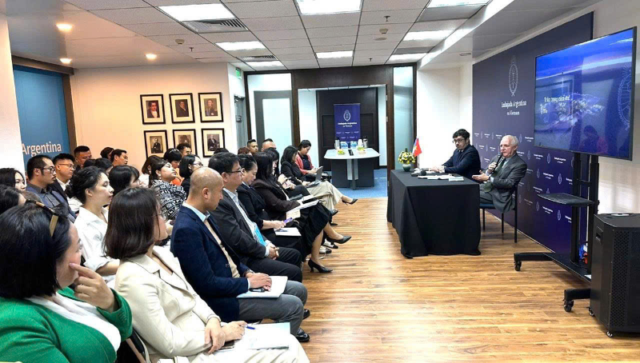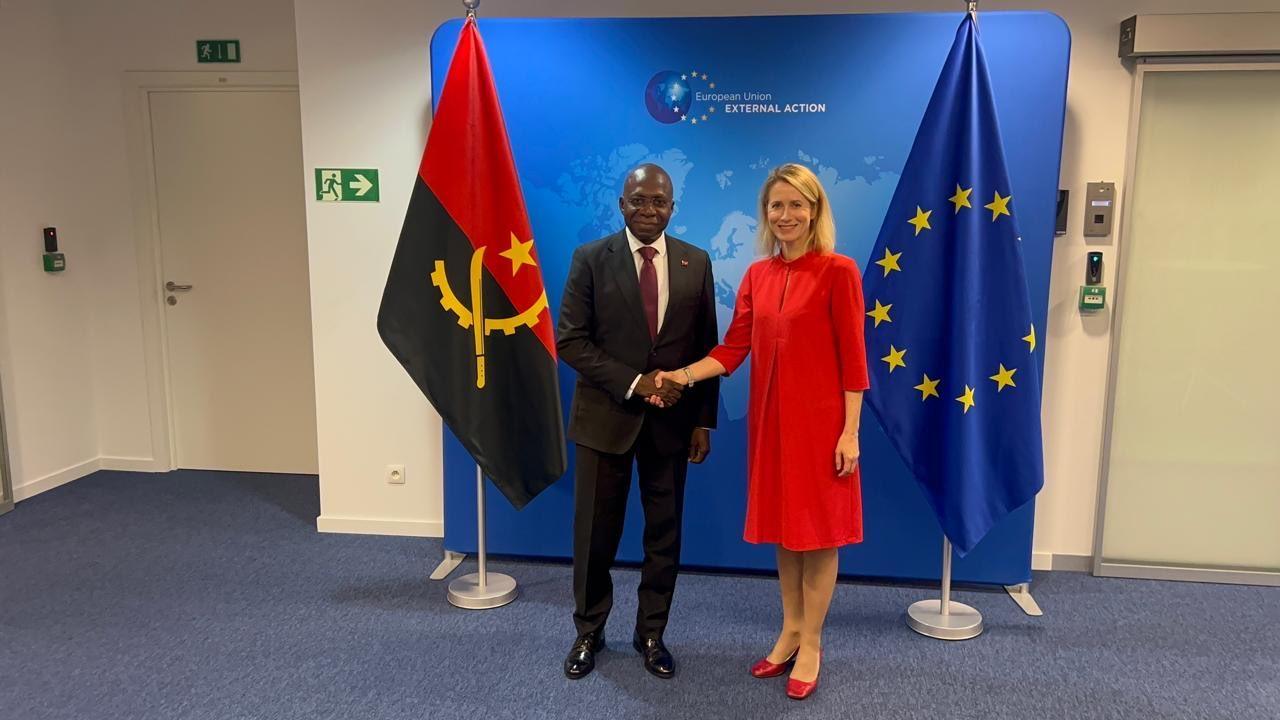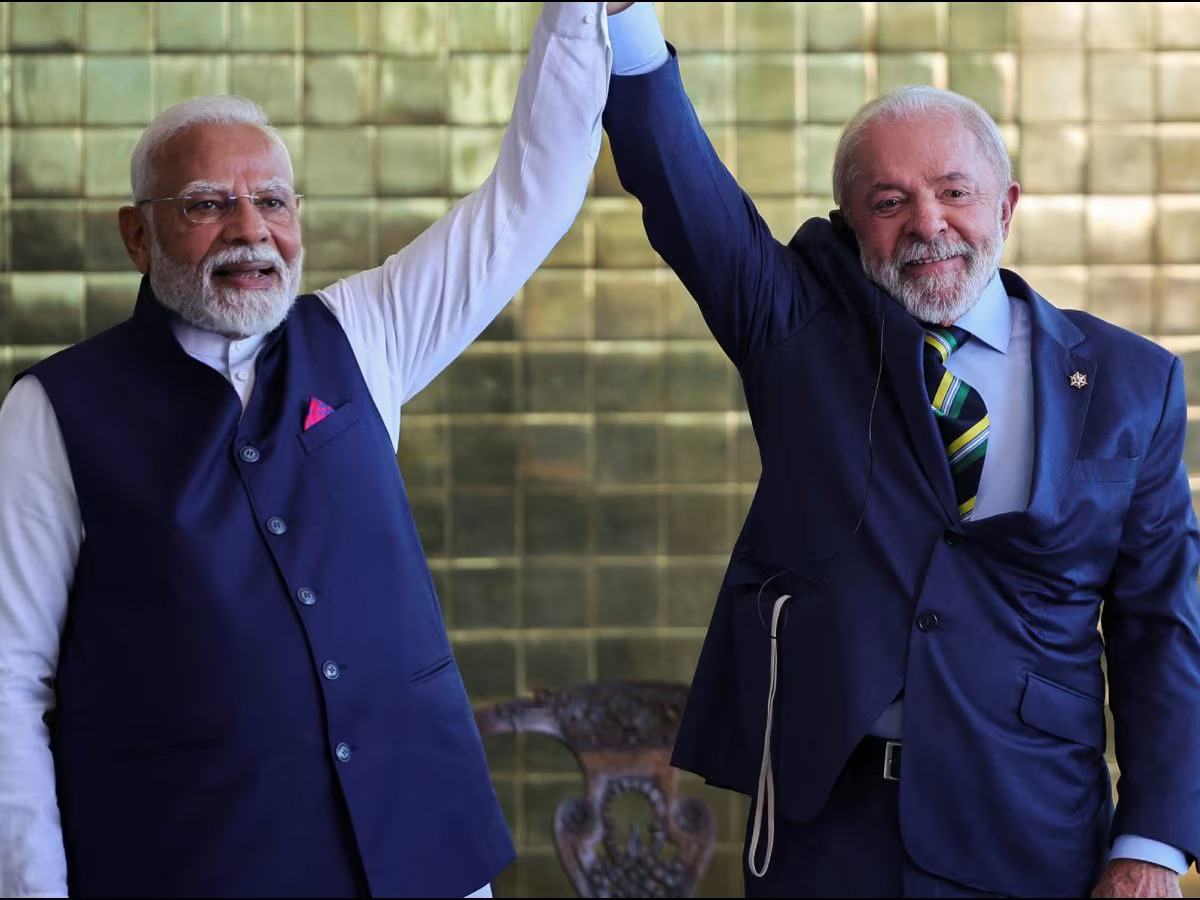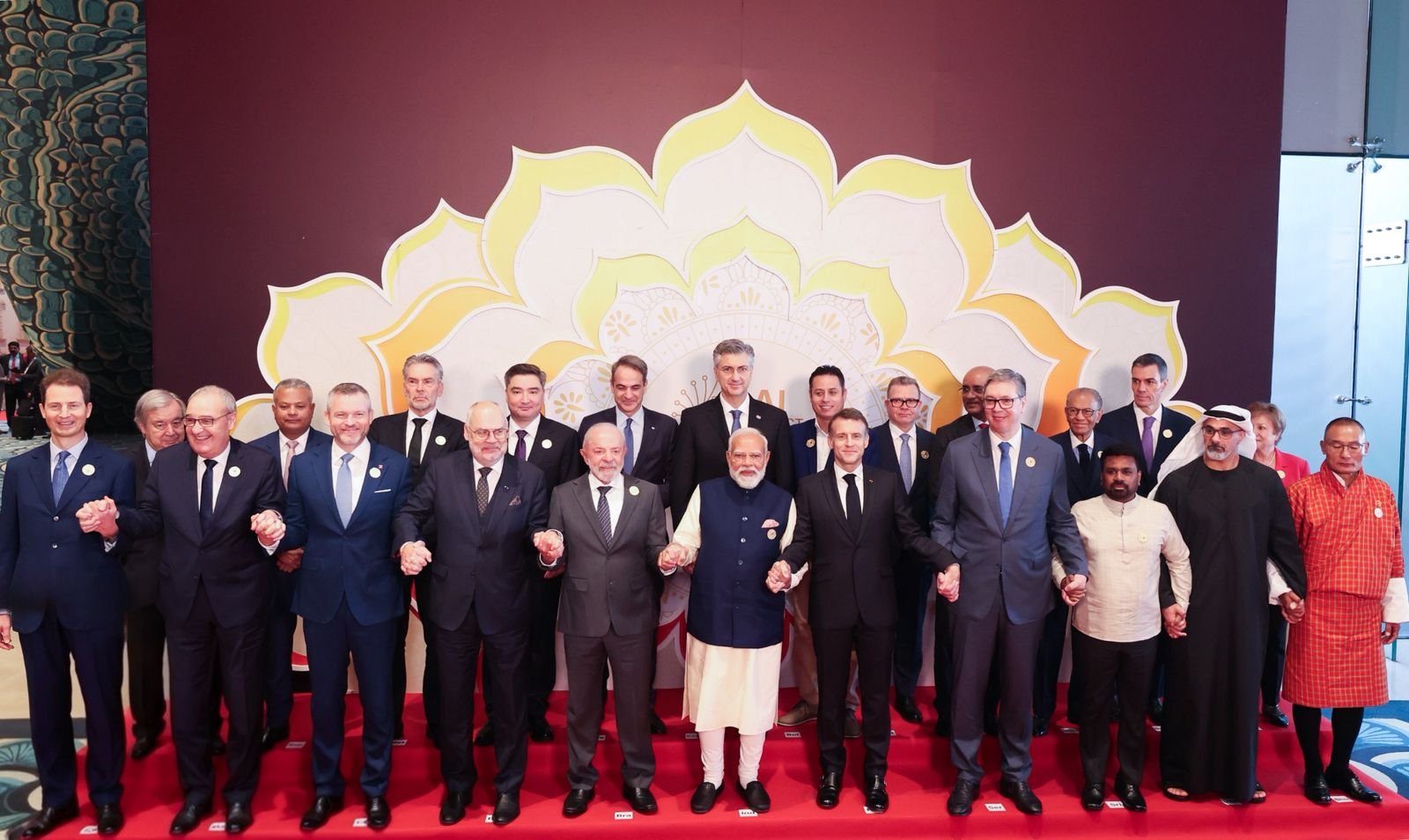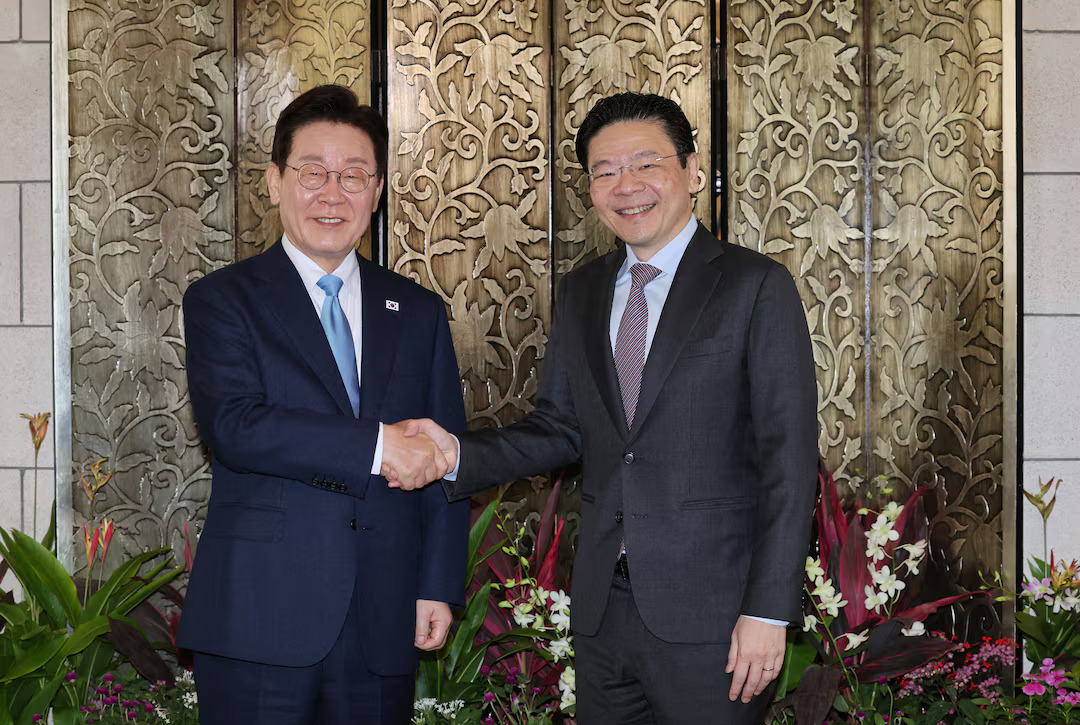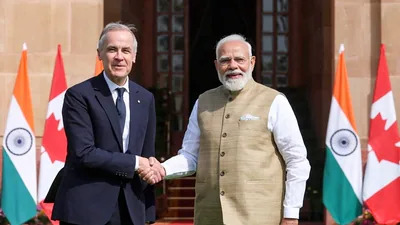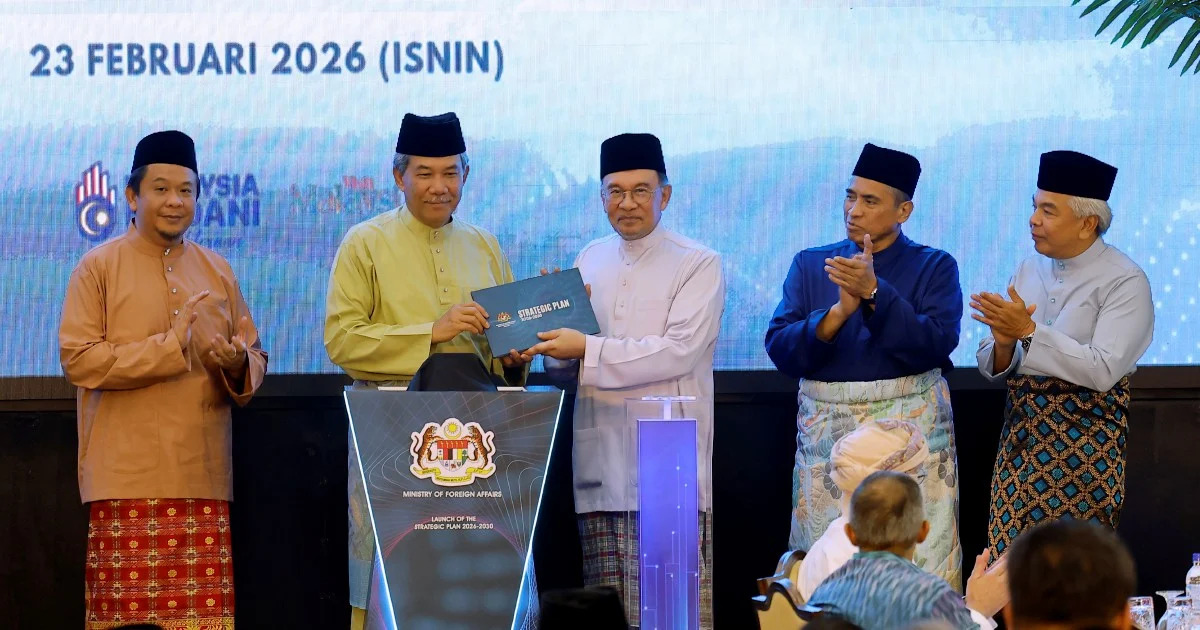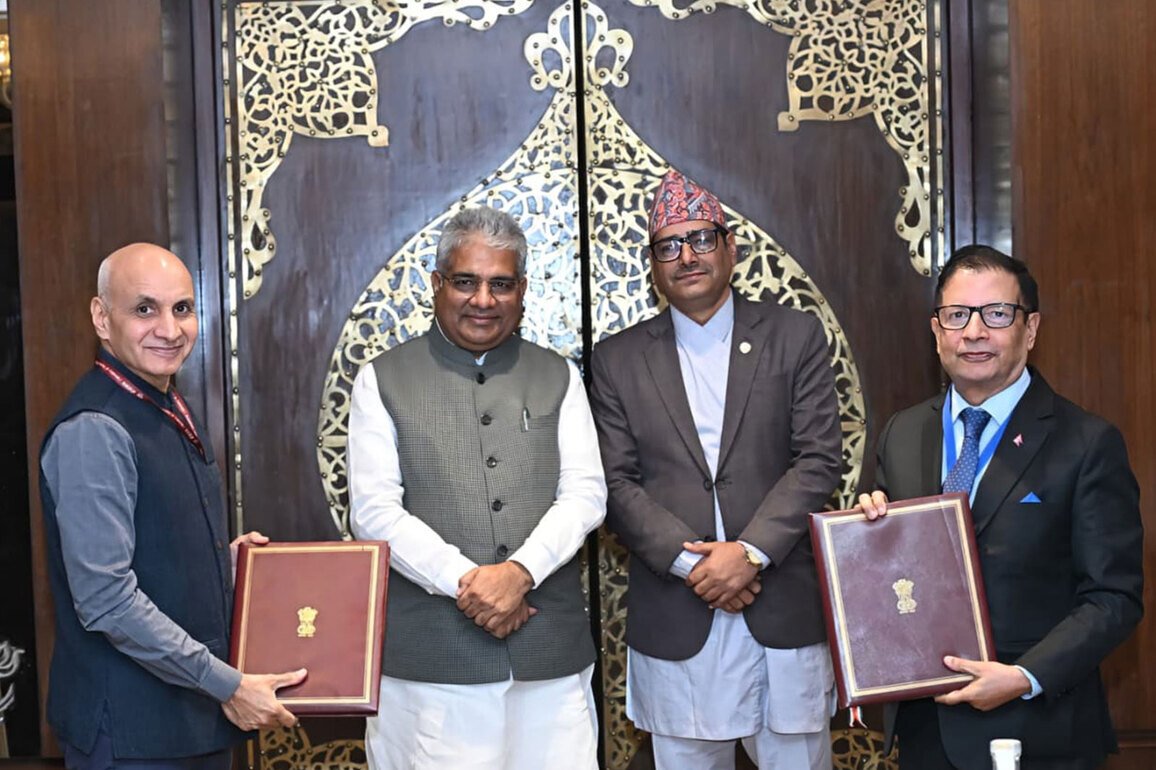A seminar highlighting Argentina’s latest investment regime and emerging strategic sectors was held in Hanoi on 17 November, drawing interest from Vietnamese businesses seeking new international opportunities. The event, titled “Investment Opportunities in Argentina: The Incentive Regime for Large Investments (RIGI) and Strategic Sectors,” was organised by the Embassy of the Argentine Republic in Vietnam. Speaking at the gathering, the Argentine Ambassador to Vietnam, H.E. Marcos Antonio Bednarski, reflected on more than half a century of bilateral relations, noting the steady deepening of ties since diplomatic links were established in 1973. Argentina, he recalled, was among the first Latin American nations to recognise Vietnam, and the relationship has continued to mature, particularly since its elevation to a Comprehensive Partnership in 2010.
The Ambassador underscored the significant momentum within bilateral trade. According to figures shared at the seminar, two-way trade reached over USD 4.06 billion in 2024, marking a year-on-year increase of 16.4 per cent. In the first nine months of 2025, trade surpassed USD 3.28 billion, up 11.2 per cent from the same period the previous year, demonstrating sustained growth despite global economic challenges. Vietnam currently stands as Argentina’s sixth-largest trading partner. Argentina’s exports to Vietnam are dominated by animal feed and related inputs, which account for more than 90 per cent of its total shipments to the Vietnamese market. Conversely, Vietnam mainly exports mobile phones, electronic equipment, footwear and textiles to Argentina, which collectively represent over 60 per cent of its outbound trade to the South American nation.
Ambassador Bednarski also drew attention to Argentina’s longstanding cooperation with Vietnam through the Argentine Fund for International Cooperation (FO.AR). Vietnam is the principal beneficiary of FO.AR projects in Southeast Asia, with ongoing joint initiatives in rice production, high-yield soybeans, dairy processing and tropical fruit cultivation. These projects, he said, embody the practical and mutually beneficial nature of bilateral collaboration. Looking ahead, the Ambassador emphasised the need for both countries to diversify their trade structures and facilitate the entry of new products into each other’s markets. Such efforts, he suggested, would allow businesses to take fuller advantage of their comparative strengths and tap into areas of rising demand.
On the investment front, he highlighted the Argentine Government’s newly introduced Incentive Regime for Large Investments (RIGI), a framework designed to attract high-value, long-term projects by offering greater legal clarity and policy stability. RIGI aims to stimulate job creation, bolster regional development and support export-oriented ventures. The scheme prioritises a range of sectors including mining, energy, oil and gas, infrastructure, tourism, technology, forestry and steel—fields in which Vietnamese companies are increasingly competitive. Ambassador Bednarski noted that Argentina’s abundant energy resources, in particular, present promising grounds for deeper strategic cooperation. He reaffirmed Argentina’s commitment to facilitating trade and expanding joint work in areas where both countries have already achieved substantial progress, such as agriculture and food production. Strengthened collaboration in energy and other emerging industries, he added, could become new pillars of the bilateral partnership in the years to come.

